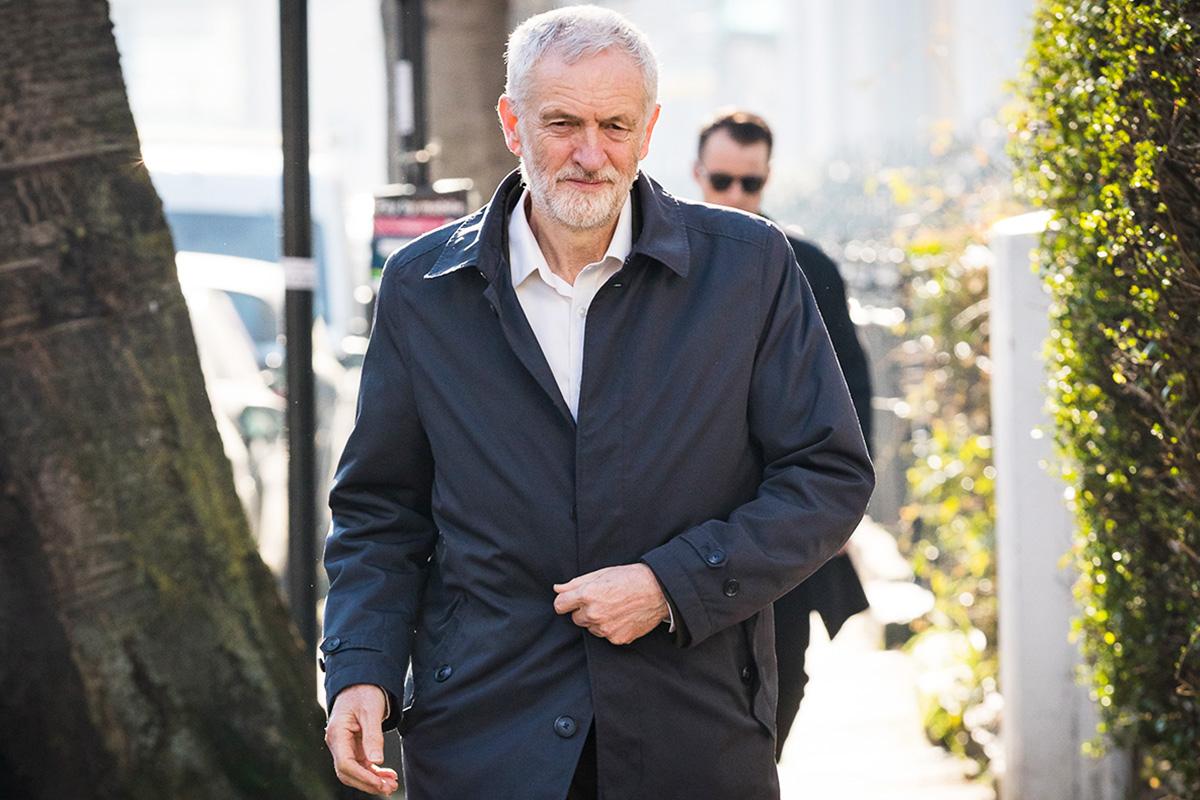What does Labour’s policy change on a new Brexit referendum actually mean?
Analysis: Cynics say Jeremy Corbyn has changed direction to avoid further MP defections but, as John Rentoul explains, an end to the Brexit deadlock might be in sight


The key announcement came at 5.27pm yesterday, just half an hour before Jeremy Corbyn addressed the weekly meeting of Labour MPs in Westminster.
An emailed news release to journalists said he would tell them the party will “put forward or support an amendment in favour of a public vote to prevent a damaging Tory Brexit”.
It is not yet clear when he will “put forward” such an amendment, or when there would be a suitable amendment for him to “support”. Tomorrow, there will be an amendment in the name of the leader of the opposition setting out the party’s Brexit demands, notably a permanent customs union. That amendment won’t mention a referendum.
But a significant change has happened.
The Labour Party is no longer in favour of keeping all options on the table, including a public vote: now it supports a public vote, which all its leading spokespeople accept means a referendum, with Remain as one of the options.
There are caveats and cavils. The wording of the statement is that a referendum is “to prevent a damaging Tory Brexit”. That might suggest the policy ceases to apply if parliament finds another way to avoid Brexit. If, for example, the House of Commons votes on 12 and 14 March to reject the prime minister’s revised deal, and to delay Brexit, would Corbyn still be pressing for a referendum?
Emily Thornberry, the shadow foreign secretary, insisted on Channel 4 News yesterday that Labour would continue to support a referendum even if Brexit is delayed. But until there is what Keir Starmer, the shadow Brexit secretary, calls a “credible Leave option” – that is, a Brexit deal approved by parliament – it is hard to see what the choices in a referendum would be.
The new Labour policy appears to be that there should be a referendum after parliament has approved a deal.
The more serious obstacle to a new referendum, however, is that it is not (yet) supported by a majority of MPs – even with Corbyn throwing the weight of the Labour front bench behind it.
By my calculation the maximum support is currently 288 MPs, which is 31 short of a majority. The problem for advocates of giving the British people the Final Say is that there are more Labour rebels on this subject who are opposed to a referendum than there are Conservatives who are in favour.
Final Say supporters such as Ben Bradshaw, the Labour MP for Exeter, insist that there are more Conservatives, including ministers, who would back it when it comes to the crunch. On the other hand, there are probably more Labour MPs who have doubts about a referendum but who have yet to be flushed out.

Cynics suggest that Corbyn is not entirely sincere in his support for a referendum; that he has held back for so long and is now appearing to back it only to try to head off further Labour defections – and safe in the knowledge that it could not get through the House of Commons.
On the other hand, however, a referendum must be one of the ways of breaking the deadlock if Brexit is delayed. And it would be hard for Corbyn ever to retreat from the position that he adopted at 5.27pm yesterday.
Got an unanswered question about Brexit? Send it to editor@independent.co.uk and we’ll do our best to supply an answer in our Brexit Explained series
Join our commenting forum
Join thought-provoking conversations, follow other Independent readers and see their replies
Comments
Bookmark popover
Removed from bookmarks